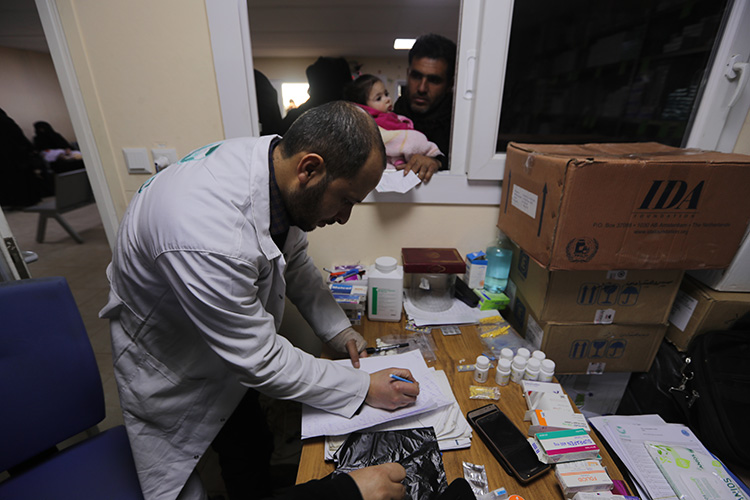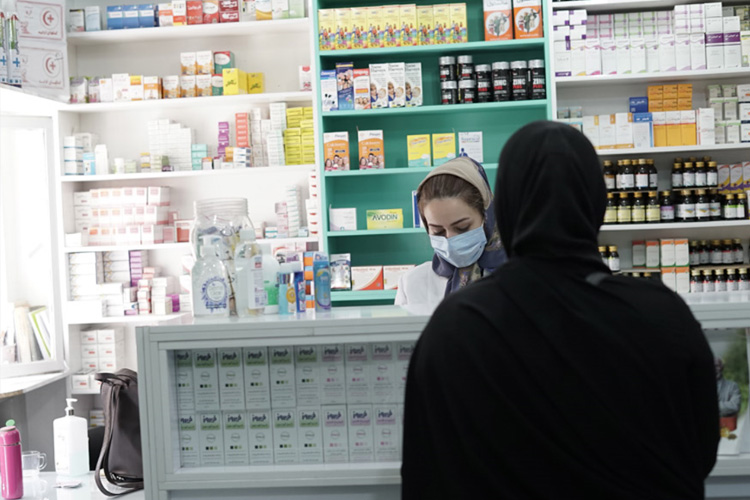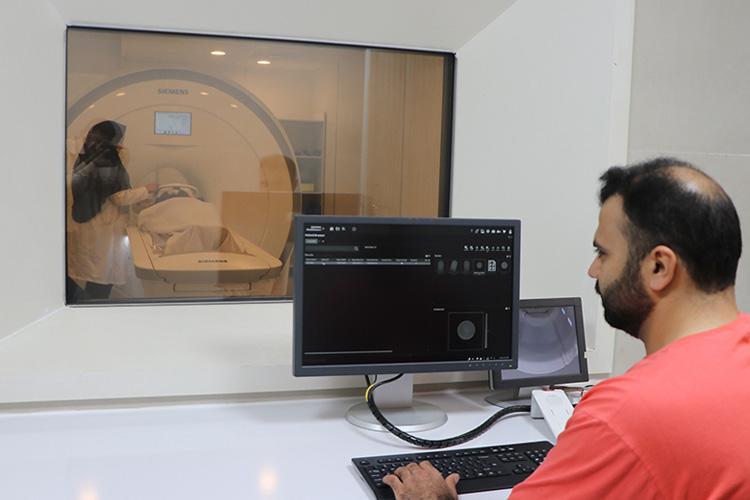Search
[{{{type}}}] {{{reason}}}
{{/data.error.root_cause}}{{texts.summary}} {{#options.result.rssIcon}} RSS {{/options.result.rssIcon}}
{{/texts.summary}} {{#data.hits.hits}}{{{_source.title}}} {{#_source.showPrice}} {{{_source.displayPrice}}} {{/_source.showPrice}}
{{#_source.showLink}} {{/_source.showLink}} {{#_source.showDate}}{{{_source.displayDate}}}
{{/_source.showDate}}{{{_source.description}}}
{{#_source.additionalInfo}}{{#_source.additionalFields}} {{#title}} {{{label}}}: {{{title}}} {{/title}} {{/_source.additionalFields}}
{{/_source.additionalInfo}}Select your language
Access to medicines and health technologies
Challenges

Effective and equitable access to medicines and health products is undermined by various issues in the WHO Eastern Mediterranean Region. Essential medicines suffer frequent stockouts and, when available, their use can be irrational. Regulatory authorities are weak and the private sector is unregulated. More use could be made of health technology assessment to set priorities. The Region faces high prices for new medicines and an elevated share of out-of-pocket payments.
Substandard and falsified medicines and health products are growing in number. Supply and procurement systems are inefficient and intercountry collaborations are limited. Further, the complex humanitarian situation in various countries and territories of the Region severely affects access to medicines and health products by causing extra demand- and supply-side challenges.
Aim

WHO’s Access to Medicines and Health Technologies (AMT) programme aims to save lives by enhancing the capacity of countries and territories to increase equitable access to essential, high-quality, safe, effective and affordable health products. This will ensure maximum public health benefits at affordable costs in all intended settings.
Achievements

AMT formally or unofficially assessed 15 national regulatory authorities (NRAs) in the Region, leading them to update their institutional development plans in preparation for formal benchmarking.
The Egyptian Drug Authority achieved maturity level 3 for vaccine regulation (locally produced and imported) meaning that it is recognized as a stable, well-functioning and integrated regulatory system.
Through the WHO Programme for International Drug Monitoring, the Region’s NRAs are supported to strengthen their pharmacovigilance systems: 17 countries are full members and 2 countries are associate members.
A regional approach put in place by AMT supports countries and territories to efficiently design, plan, formulate and assess national medical devices programmes.
AMT collaboratively developed 11 sets of guidelines on the regulation, assessment and management of medical devices and assistive technologies. It also managed the deployment of regional tools, procedures and guidelines aimed at enhancing quality, access and use of medical devices in Afghanistan, Egypt, Iraq, Lebanon, Libya, Somalia and Sudan.








